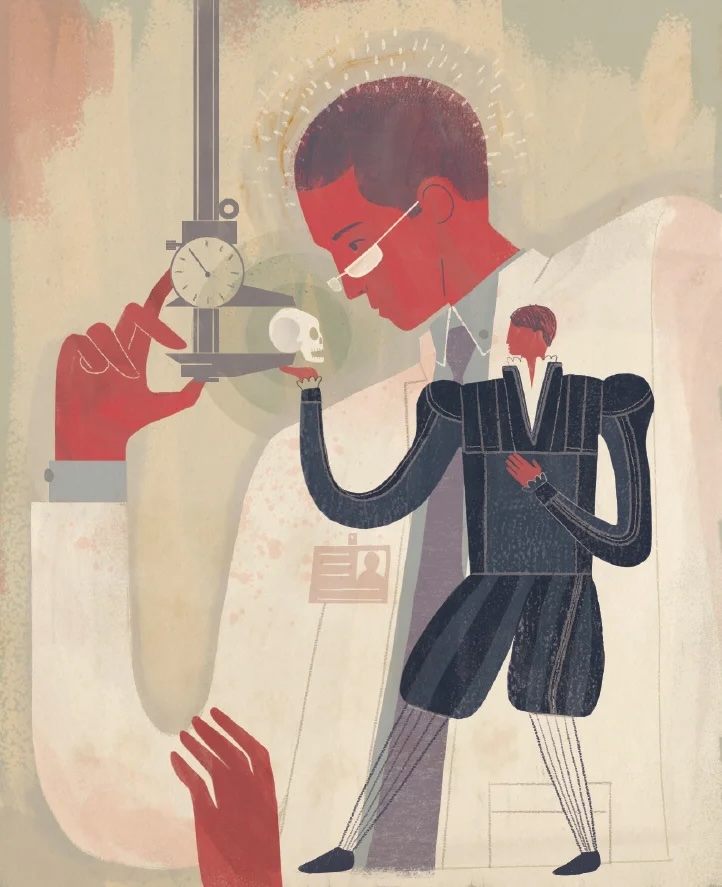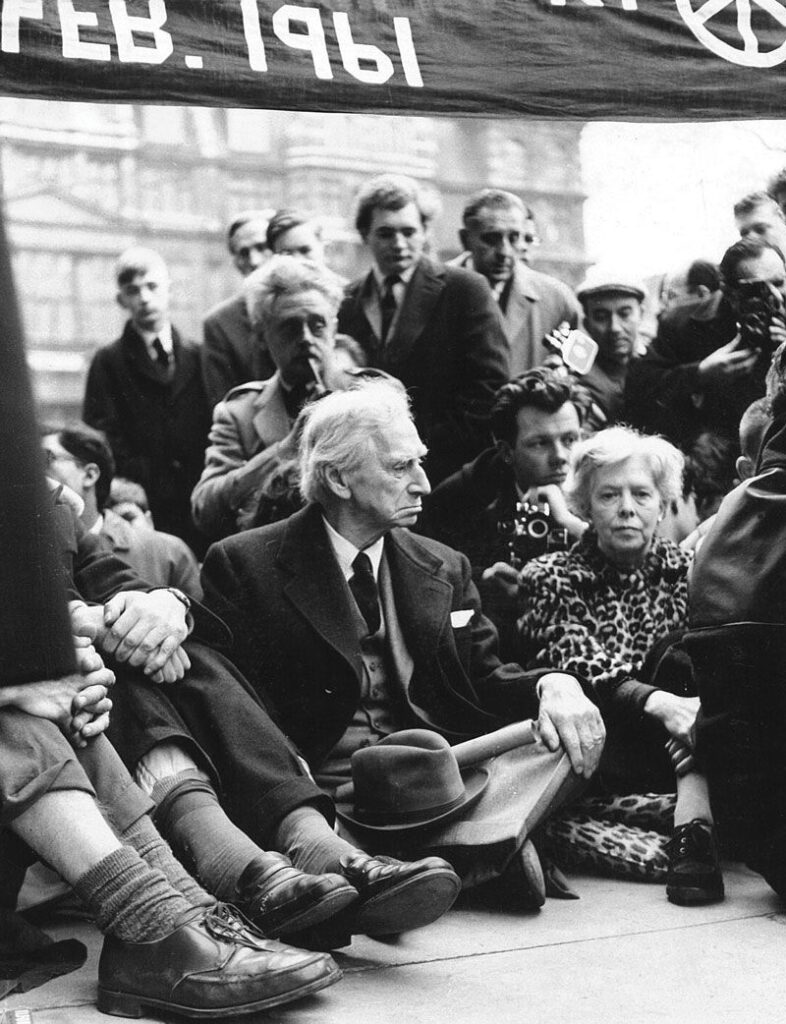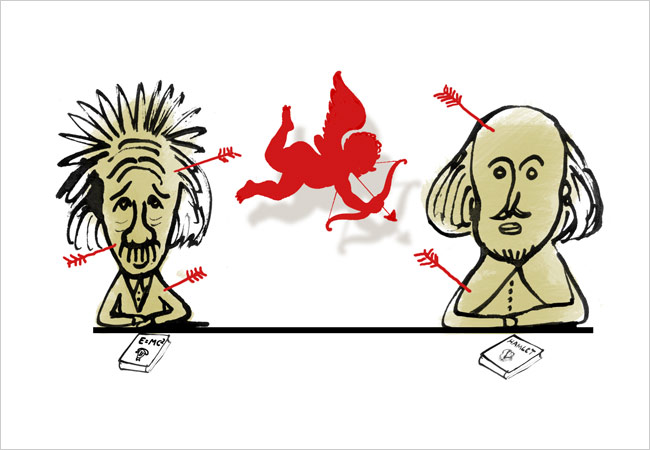
- December 29, 2023
- Essay, Humanities, Philosopy of Science, Psychology, science, Social Ethics, Social Philosophy
One of the pioneers of computing, Konrad Zuse, once said that “the danger of computers becoming human-like is not as great as the danger of humans becoming a computer.” (Hersfelder Zeitung, September 12, 2005).
The fear of the machine person, of the person naked of feelings, pains, joys, and passions, has arisen several times in the course of the history of science. If with Copernicus, Galileo, Kepler and Newton, among others, the human being placed himself within the universe and began to unravel the fundamental laws that govern the behavior of that universe, with the ideas of Planck, Fermi, Einstein, Schrödinger, the person is getting to know the interiorities of matter. In contrast, through technology, he or she begins to penetrate new worlds. The study of the human being himself from the biological and psychological perspective acquired in these first years of the century is a significant advance aimed at penetrating the attributes of the human being by scrutinizing the complexities of the brain.
Suddenly, we have reached the threshold of the infinitely small and the threshold of unlimited space. The human being realizes that matter and energy are different forms of the same entity, artificially produces new chemical elements, unravels and isolates the essential molecule of life and then replicates it in a test tube until creating a gene, produces increasingly compressed electronic components that have an unimaginable memory capacity, reproduces new artificial intelligence beyond its own limits and that can carry out complex operations and also, like a rambunctious boy and naughty girl playing with fire in the middle of a forest, place their own sword of Damocles on the manufacture artifacts and products that have the ability to destroy themselves.

A future is outlined for us that goes from the inevitable and desirable progress of science and technology to the abuse and misuse of them, to the detriment, paradoxically, of the human being himself. A future marked by the shrinking of time and space, within which the extraordinary development and vertiginous of communications allow the person of any latitude to existentially become a citizen of the Earth, beyond nationalisms and ethnocentrisms. At the same time, it is a future threatened by the increase in population that exceeds the increase in food production, a future darkened by environmental pollution and the irreversibility of ecological damage that is beginning to make parts of our planet uninhabitable. A present and a future marked by pandemics that test not only scientific practice and health policies but also social ethics; a future that keeps us in suspense between fear and hope; a future that, for optimists like Dennis Gabor, the father of Holography, we have the possibility of inventing for the good of all, or a place that, for so many pessimists, is a black hole to which forces push us we cannot control. A future, in short, that hangs between the security of human beings to tame them and the restricted possibilities of survival.
However, with these dramatic prospects, much of the world’s population is all right. In their own way, human beings continue to use technological instruments indiscriminately, consuming voraciously, squandering the opportunities of their descendants only to enjoy their moment of life selfishly, as if wanting to forget the future of their children of the generations to come. Meanwhile, some of the most powerful leaders turn to us with their solemn or cartoonish faces to justify the security of humanity while filling their territorial and extraterritorial pantries with nuclear arsenals and conventional weapons.
It seems improper to see science and technology as the panacea for the future of human beings, especially if we corner ethics in applying scientific findings. We agree with Bertrand Russell that the progress of science is not necessarily a blessing for humanity. Especially when these findings turn science into a political instrument and the scientist into an employee who has, as a bureaucratic obligation, to discover new truths. Pressures of this nature on the researcher so that, like hens, he or she incubates the eggs of scientific findings everywhere, can produce fakers of science who reveal to us that intellectual crime can be as execrable and evil as murder, theft, fraud, or extortion.

Among the horrors of that century of horrors that we just left one quarter ago, we cannot forget the many pseudosciences sponsored by the Nazis and the backwardness, the contempt of the world, and the hunger for the impact they had on agriculture, which the doctrines of Lysenko, blessed by Stalin, they provided the former Soviet Union. In this way, we see how the folly of human beings pursues us in this same twenty-first century, and we observe in astonishment the new and atrocious follower of Stalin, Vladimir Vladimirovich Putin, how he massacres with impunity an independent people, Ukraine, which precisely is the historical and human vertebra of all the ‘Russias’. In addition, if we add religious fanaticism, which in the name of God is possible to destroy human life without hesitation and with a total lack of compassion, we can realize that the direction of science did not always take the right direction, in part because it did not go hand in hand with humanities, building psychological and social values to preserve people and planet. As a reinforcement of this and a basic psychological fact, Bertrand Russell writes in his inspiring book, The Conquest of Happiness, that “to discover a system for the avoidance of war is a vital need for our civilization, but no such system has a chance while men are so unhappy that mutual extermination seems to them less dreadful than continued endurance of the light of day.” The search for peace is also in the individual and social conscience, in an educational process that encompasses the entire society without exception and throughout life, capable of imprinting on people, in their DNA, respect for the fundamental rights of the human being.
Therefore, the responsibility of society and the State, through the educational system, is to prepare future generations with a sense of searching for knowledge, satisfaction with learning, and a sense of smell to question what they want to present as absolute truths. The school must instill in the learner a deep love for the idea of knowing, but at the same time, it must give him or her the right to think and question what he is taught. When the school does not allow one to think, when it becomes a dictatorship for the mind, the child associates going to school with a place of punishment, as if learning were tiring and unpleasant. We must, therefore, eliminate from education, firstly, the idea that the quiet and obedient girl or boy is the one who takes all the honors. Secondly, there is an entrenched attitude in society and the leaders themselves that it serves almost only to climb the social ladder, obtain prestige, accumulate honors, certificates and diplomas, and become a prominent but submissive member of society.
From a very early age, the school leaves a negative imprint on children that the evaluation of their learning as a student is rewarded with a grade, degree or certificate. Students have always been filled with papers and titles, which makes them, without intending to, look more for diplomas than for learning and knowledge. Nevertheless, an educator must maintain sight of the fact that acquiring knowledge is a responsibility inherent to human nature. Do you have to pay for having learned what you should know? The best reward is in the act of knowing. That is the secret of great thinkers and scientists.

At the same time, knowledge is taught through subjects, fragmented into segments. Worse still, they are dichotomized into two areas, the sciences and the humanities, as separate and incommunicable languages, as opposed to both languages of knowledge. Unfortunately, the school helps to break that natural bridge between the knowledge of the human being, his environment and his creations. It breaks that “gestalt” sense and harmony of the universe to which Kepler referred. Diversifying can be good if we apply the principle of unity in diversity. It requires integrating knowledge and breaking that false dichotomy about which C.P. Snow expressed how serious it was for a person whole of science that he could not realize what Beethoven’s Ninth Symphony meant, just as it was severe for a person whole of humanistic and artistic culture not to know what the first two laws of Clausius thermodynamics mean. The world of the future, of today, will have to return to that Renaissance concept where the education of men and women is inclined to know a lot about their own scientific or humanistic area but know enough about the other, which is different from their discipline.
Precisely, this integration strengthens the ethical sense of the human being. It teaches you to respect others as yourself. It teaches them that all knowledge is complementary, that the knowledge generated by other people who are not from their discipline or who are not from their culture is as necessary as that which is part of their own specialty. In this process, you learn to work collectively, interdisciplinary, today, more than ever, essential in the search for knowledge and aesthetic contemplation and creation. Learn that acquiring knowledge is a natural, necessary and satisfying activity. Learning to care, to be careful about human nature, culture, the ecological environment, and all the baggage of knowledge that constitutes the best heritage we can bequeath to future generations. The fragmentation of knowledge brings us closer to the “trained person.” It distances us from the desideratum of the “educated person.” The fragmentation can turn us into efficient robots, strong, admirable, and magnificent, but empty inside like those fruits that grow on the shores of the Dead Sea.
References
Gabor, Dennis (1964). Inventing the Future. New York: Alfred A. Knopf.
Kitcher, Philip (1995). . Oxford: Oxford University Press.
Russell, Bertrand (1930). The Conquest of Happiness. London: Horace Liveright.
Snow, C.P. (1965). The Two Cultures and a Second Look: An Expanded Version of the Two Cultures and the Scientific Revolution. Cambridge: Cambridge University Press.
Zuse, Konrad (1993). The Computer: My Life. Berlin/Heidelberg: Springer-Verlag.
Photo Copyright Credit: Sally and Richard Greenhill. “A century of Disarmament, part 2” – Legion Magazine.
©2023 Miguel Ángel Escotet. All rights reserved for this expanded new version in English. It can be reproduced, citing the source and the author. The first edition of this essay has been published in Spanish in the Literary Paper of El Nacional, August 2, 2020, page 6. It can be downloaded in PDF by clicking here.